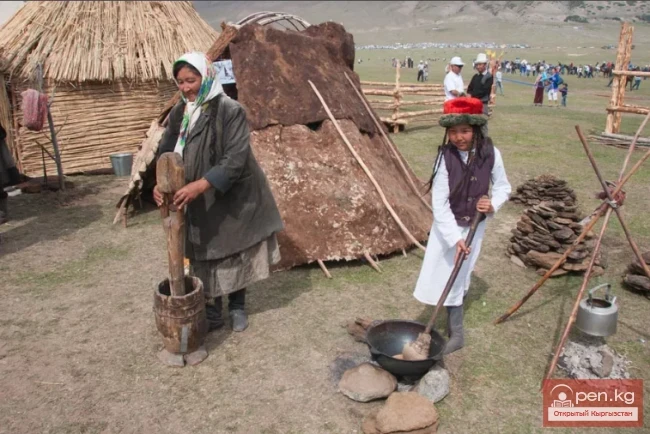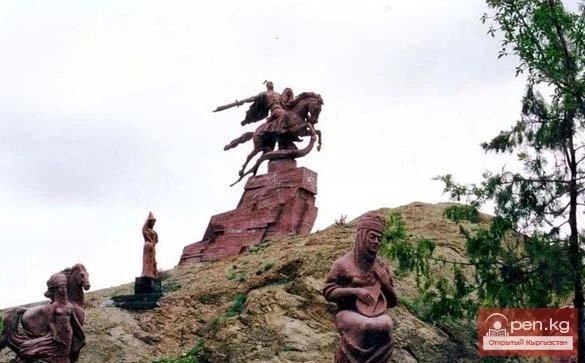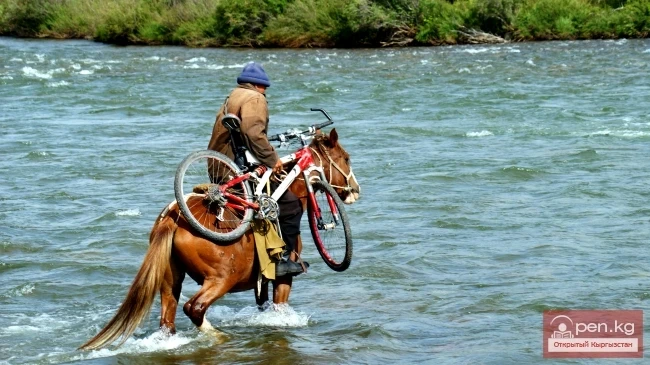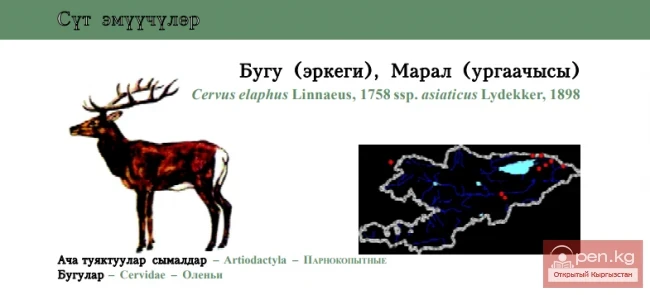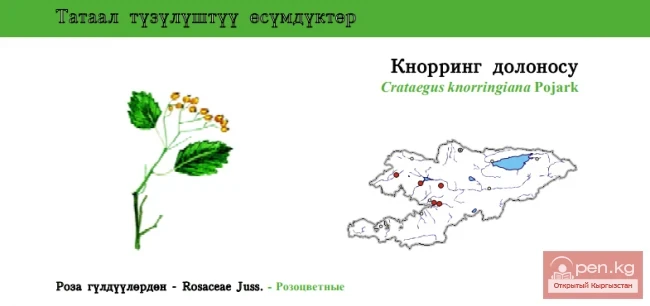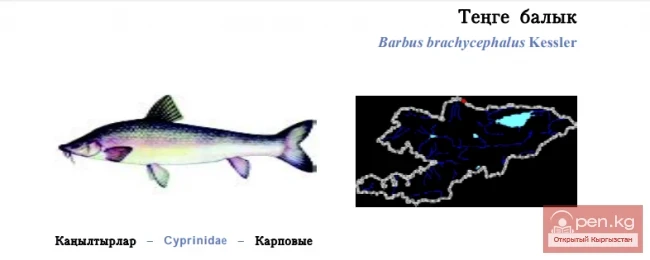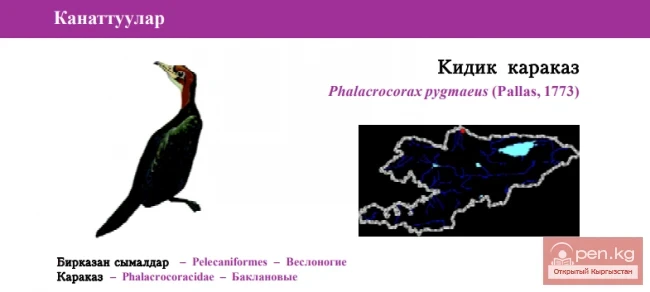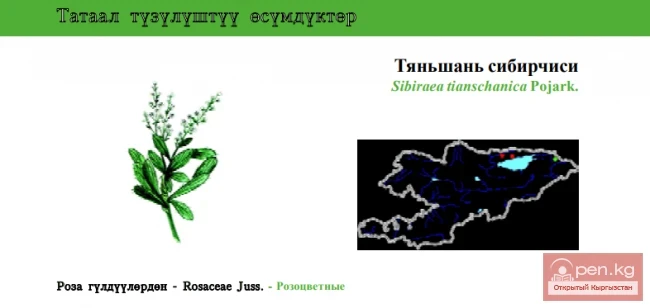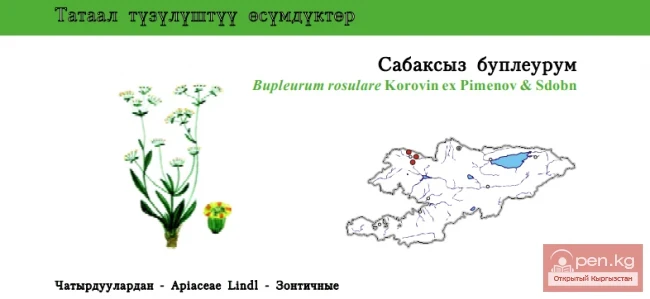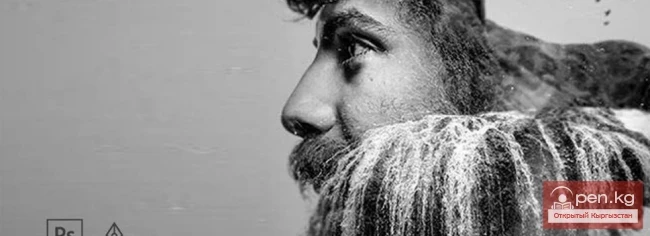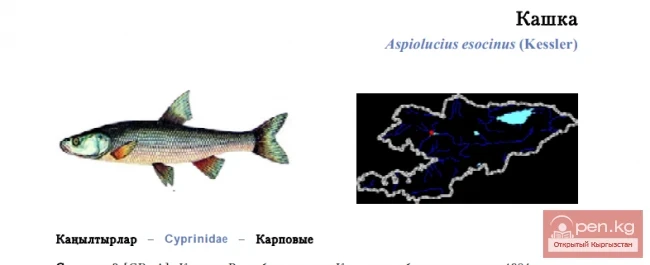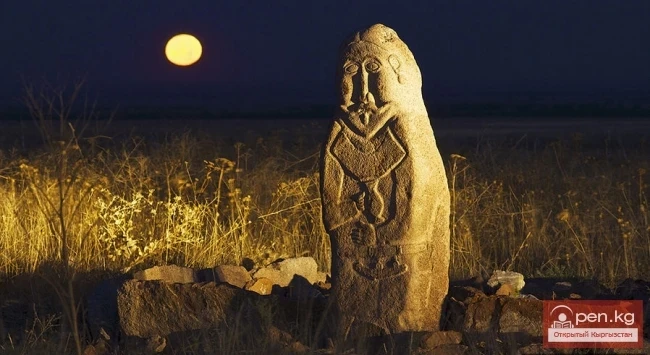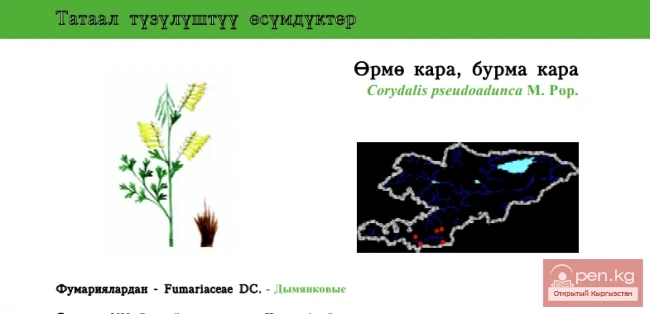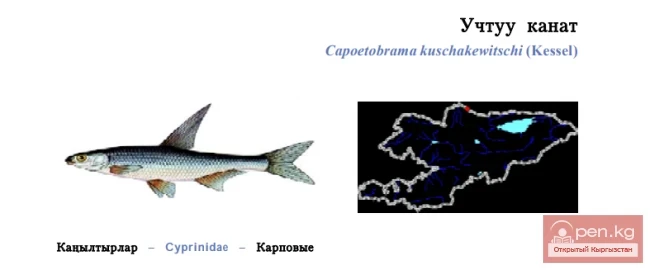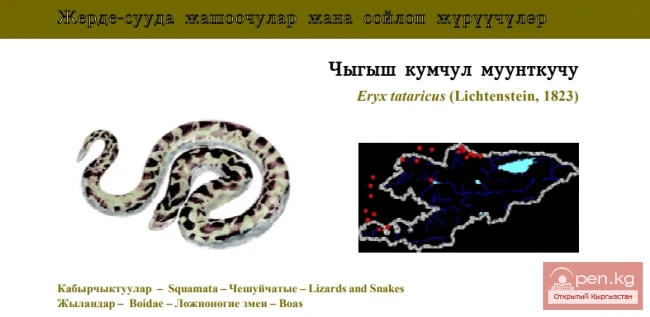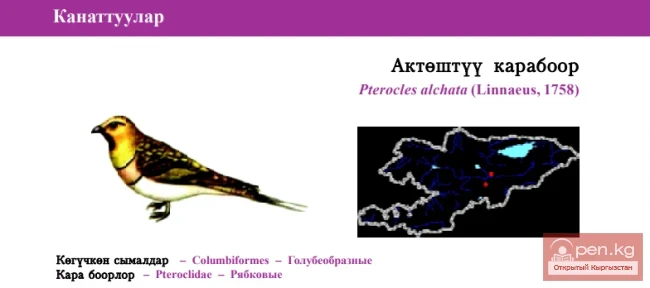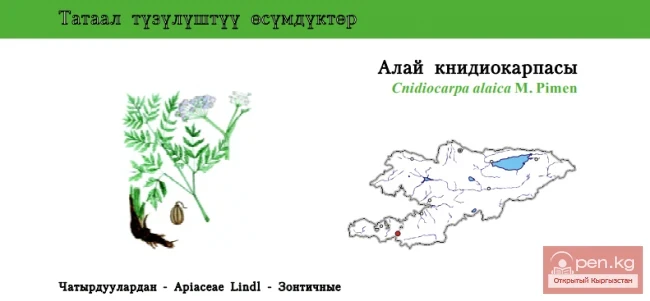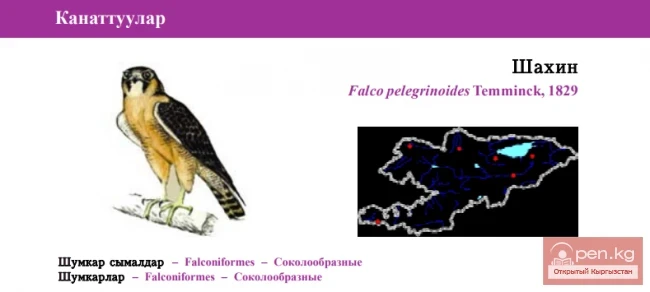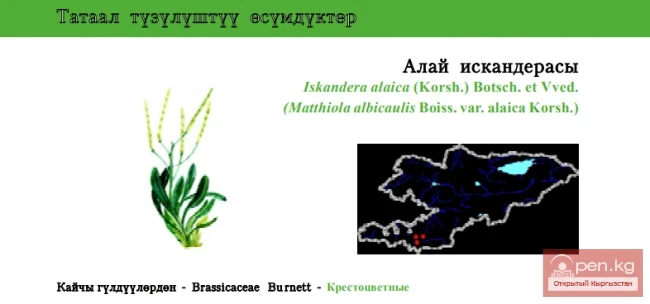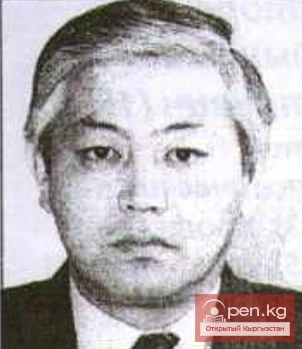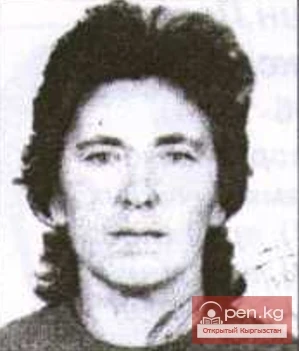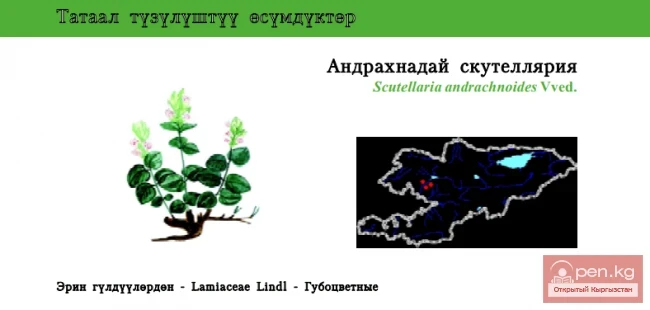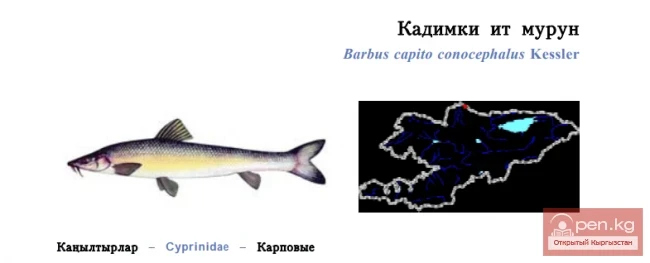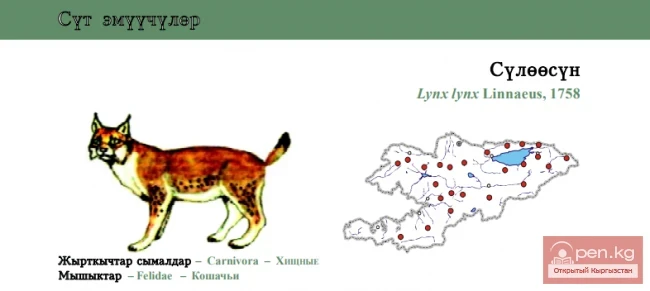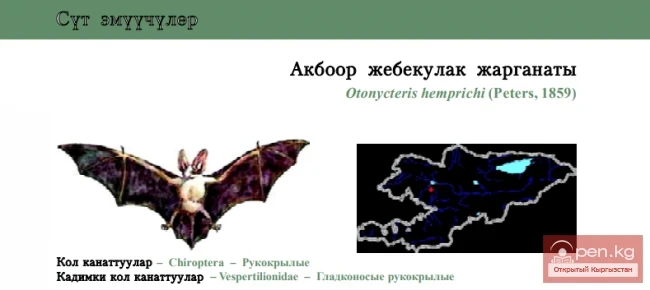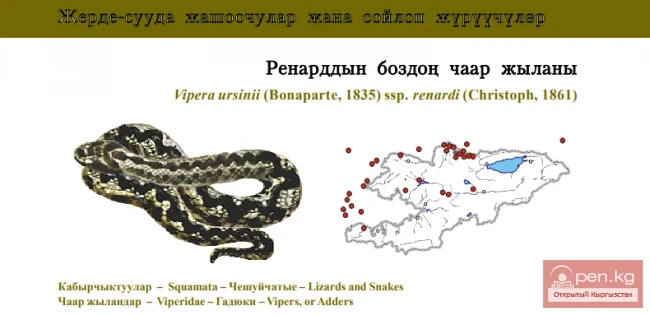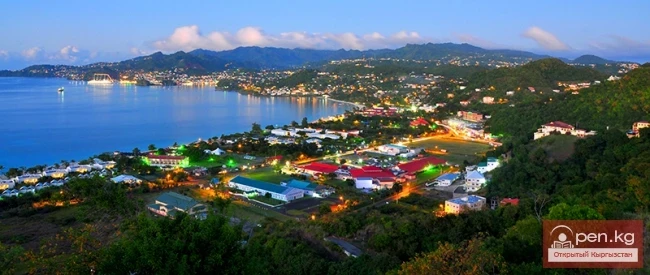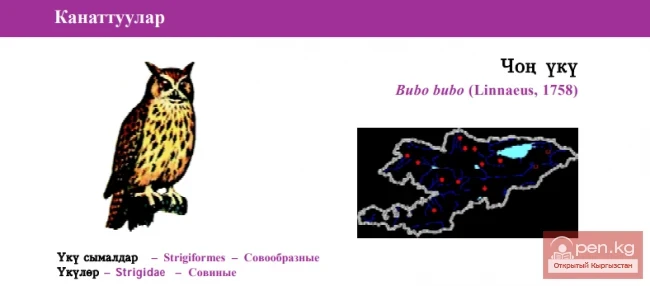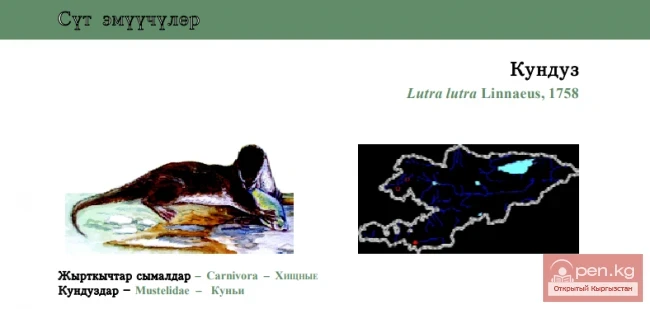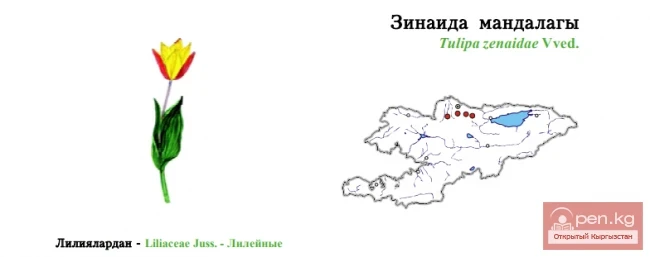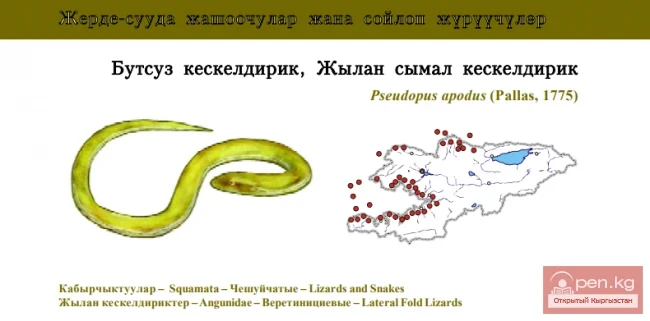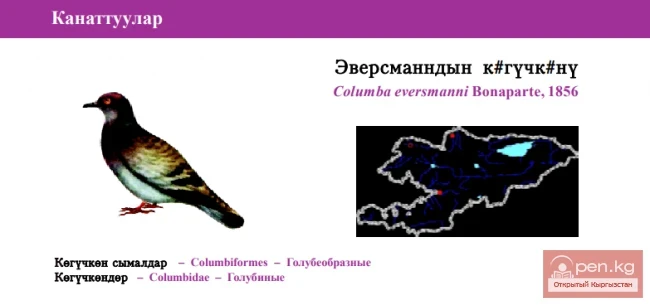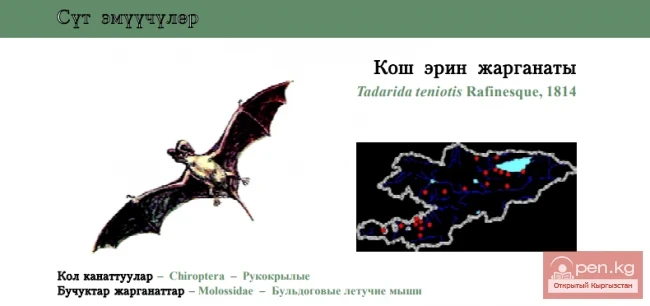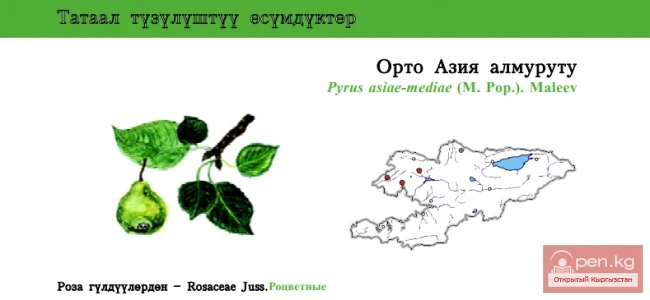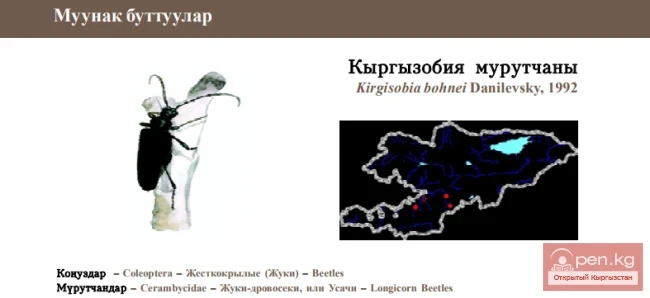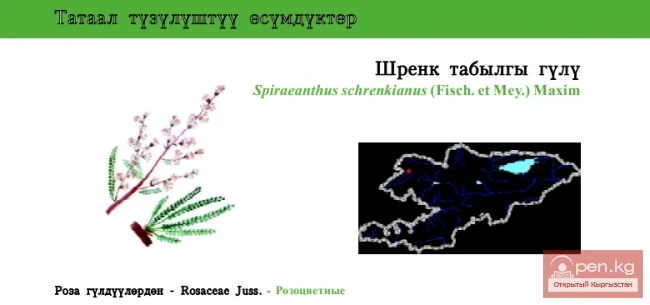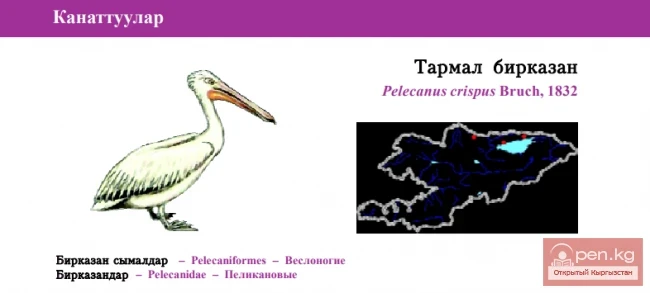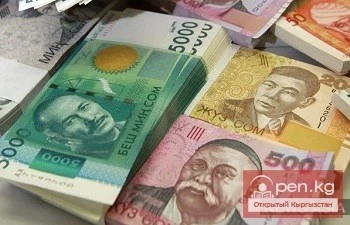THE HOLIDAY OF THE SAKE NOWRUZ
Here’s how Nowruz was celebrated among the river Saka.
...Only the next day by evening, grandfather, son, and grandson reached Roksanaka — the residence of the ruler of the river Saka.
It was quite a large settlement, consisting of many adobe houses, small cottages, and even simple earth dwellings. The population was semi-nomadic, dividing their labor between agriculture and pastoralism. During the festive days, a multitude of community members from the nearby valleys and foothills flocked to the capital. Merchants from Fergana and Sogdiana also brought goods from urban craftsmen and other products in exchange for leather, wool, maral horns, and furs. On such days, Roksanaka buzzed, resembling a thriving trading city. Even now, although twilight had fallen, travelers were greeted by a muffled noise, like that of a distant waterfall.
They walked for a long time. The sky began to gradually brighten, and the small stars faded. They climbed a hill. Far ahead, a fire flared up, and reddish glimmers danced on the pointed hats of those standing in front. The scent of smoke and roasted meat wafted through the air: apparently, they were making the first sacrifice. A solemn choir sounded — the prayer of the priests. Clear words echoed far around:
— O Light of Dawn! O Mithra! The Peaceful One! Ruler of vast pastures! Friendly to people!
Granting sons! Causing plants to grow! We greet and honor you!..
And the thousands-strong crowd echoed the words of the First Prayer with a roaring echo.
Old Kidrey, wiping his eyes with his sleeve, quietly said to his grandson:
— Here it is, the holiday of the Saka!.. When I raise my lonely cry in the mountains, is it easy for the heavens to hear me amidst the noise coming from the earth? But when the voice of the people sounds, all that is small and insignificant disappears. And the good gods heed our prayer in trembling delight... Only the evil Ankhra-Mainyu1 grinds his teeth in his underworld and tears his hair...
In the east, above the dark edge of the mountains, a scarlet stripe appeared. The crowd began to move again, flowing down the hill in an endless stream. Kidrey explained to his grandson this time that the solemn procession would end on the banks of the Saka river Apo, where a rock with the image of the magical steed Pashkuch rose, and beneath it was the main altar of Urmauzdu...
(For the reader's clarification: the action took place in the Ketmen-Tube valley at the confluence of three mountain rivers - Naryn, Chichkan, and Uzun-Akmad, the waters of which gave rise to the sacred river Apo, known in ancient writings as Jaxartes (Syr Darya). The valley itself was considered sacred, as it contained the ancestral burial mounds of nomadic leaders, and therefore their residences, the sacred mountain Ketmen-Tube rose here, there were revered stones with the image of the magical steed Pashkuch, the magical mountain argali, and the main altar of Urmauzdu. Most of these monuments have been studied by Kyrgyz archaeologists. They revealed much about the life, customs, and beliefs of the Saka before they were engulfed by the waves of the man-made Toktogul Sea...).
Dawn rushed into the valley uncontrollably. Darkness retreated into distant gorges, and the sharp eyes of Mavak from here, from the hill, saw the entire grand procession. Far ahead, the figures of the Priests — Zotar, led by the chief priest — Kavi ("The Precentor"), were white against the backdrop. He could be distinguished by his particularly tall hat — half the height of a human.
Behind the white line of priests moved neat rows of people dressed in red. They were the most noble people of the country, among them the supreme leader Lipokhshaiya ("Lord of the Mountain"). He could also be easily recognized by his distinctive helmet: a pointed cone with golden spikes around the crown and a figure of a golden rooster on top.
And behind the bloody-red line flowed an innumerable blue-yellow river: according to ancient law, simple pastoralists "vaishtrya fshuyant" wore blue clothing with yellow...
...When the crowd settled in a semicircle at the foot of the mountain, the chief priest — Kavi raised his hand. The murmur subsided.
The vast field seemed to have died in just a few minutes. Mavak, standing on the slope, could see everything well. He gazed in astonishment at the Sacred Rock, where a gigantic Pashkuch was depicted, an eagle-headed conical griffin with a horn on its head and golden wings. The steed of the gods looked at the throng of believers with a dark enormous eye the size of a wheel...
And behold, the dazzling disk completely emerged from behind the mountain and hung over the distant saddle. The trumpets roared again, and then in the ensuing silence, the priest-precentor proclaimed praise to the king of gods and men, the embodiment of Good and Justice.
— O, you who created for us the source of prosperity: the mooing, snorting, bleating cattle that give milk! The one who has grown vast pastures for the cattle! Illuminating the world, driving away darkness, Righteous, Wise! You, who have given us a rich life with abundant pastures, driving in a chariot, great Urmauzdu! Accept the prayers and sacrifices from the people of the Saka, as you accept them from all who honor you!
And the thousands-strong crowd ecstatically repeated the long-familiar words, each time with unchanged delight. Old Kidrey wept with emotion, and Mermer-the-talker shouted loudly. Young Mavak, stunned and shaken, sang the words of the hymn with abandon...
Fire flared up in the rectangular altar of the tribe, which was guarded on all four sides by bronze figures of fierce panthers. The priests approached it with reverence, holding bundles of sacred straw "barsom"2.
The piles of firewood crackled under seven cauldrons. A plaintive neighing was heard. The solemn ritual of "ashvamedha" — the sacrifice of horses dedicated to the solar deity began...
And again the voice of the precentor rang out:
— Urmauzd — the Sun, Shining, Immortal, possessing swift horses! Accept these steeds, bold as eagles and swift as your rays! These magnificent horses - reddish birds, may they carry your chariot across the sky!..3
- Accept! Accept! - echoed the field.
The heated haze trembled above the altar, and in the streams of hot air, the fantastic figure of Pashkuch moved and twisted - he seemed alive, ready to soar from the rock into the heavens, to the blissful pastures of the king of the underworld Yima...
Comments:
1. Ankhra-Mainyu — literally "Evil Spirit," the enemy of truth and all that is good in the world, the opponent of Ahura-Mazda (Urmauzdu) - the supreme deity in Zoroastrianism, the religion of the Indo-Iranians founded by Zoroaster (Greek: Zoroaster), after whom it is named. Zoroaster is a real historical figure who lived at the turn of the 2nd and 1st millennia BC.
2. Barsom — a ritual bundle made from tamarisk, willow branches, or, as in modern Zoroastrianism, from metal wire, held by the priest during the liturgy.
3. Adapted. (Rignela. 1.118.45)
